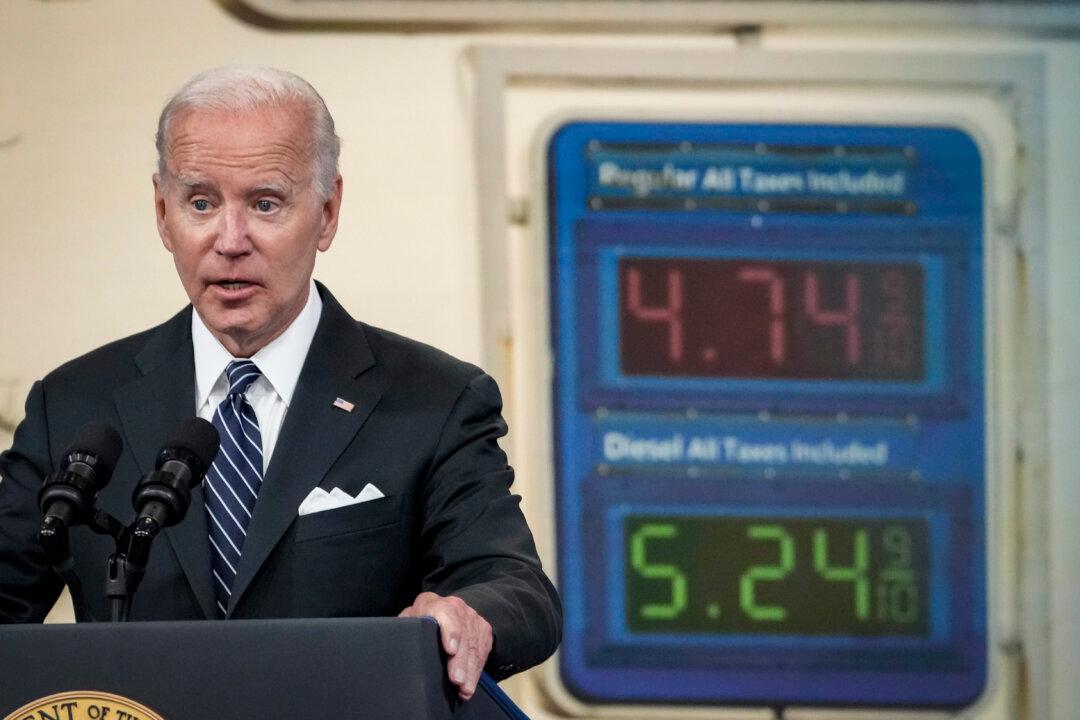In interviews with The Epoch Times, energy industry insiders and economists expressed disagrement and disdain about the Biden administration’s proposed three-month gas tax holiday.
They joined a chorus of critical voices on both sides of the aisle after the president asked Congress to suspend that federal tax on June 22.





